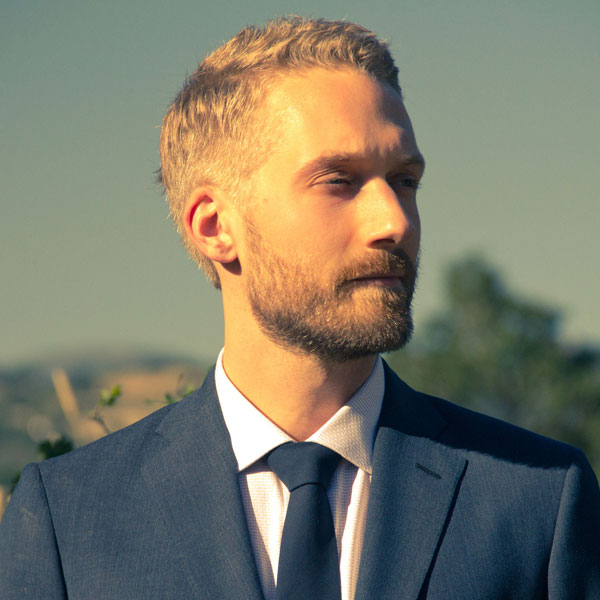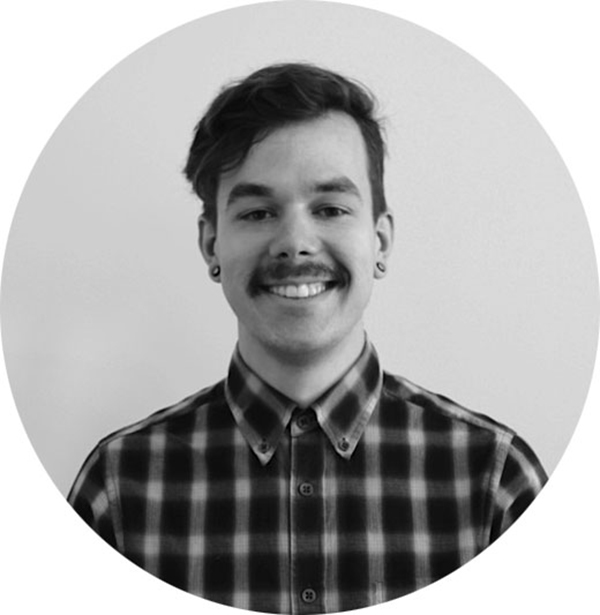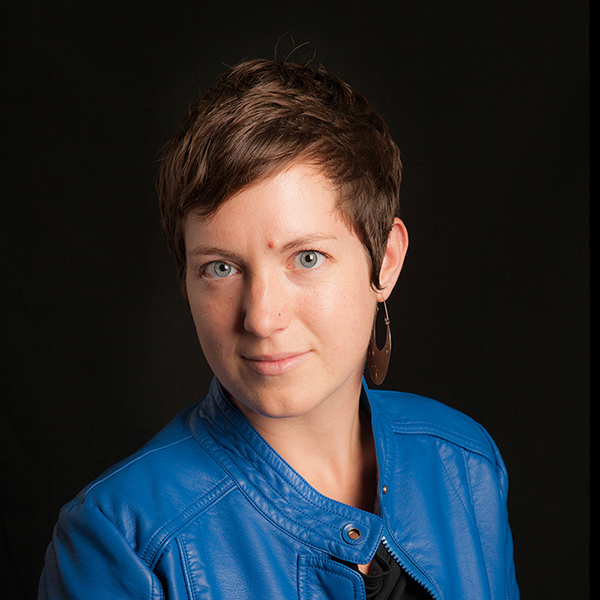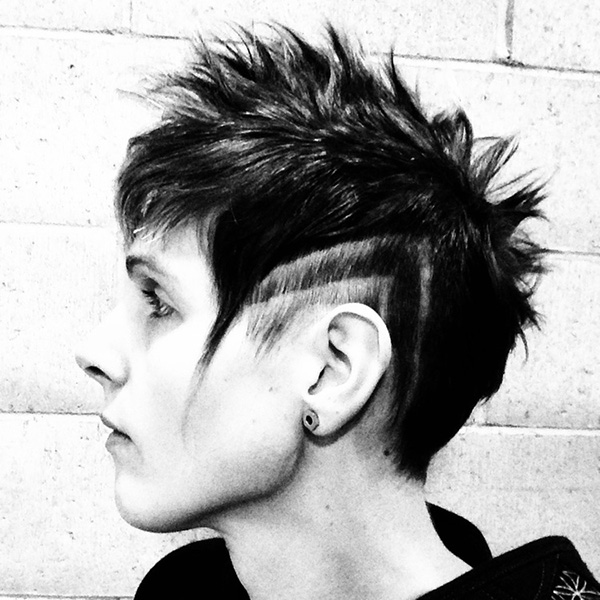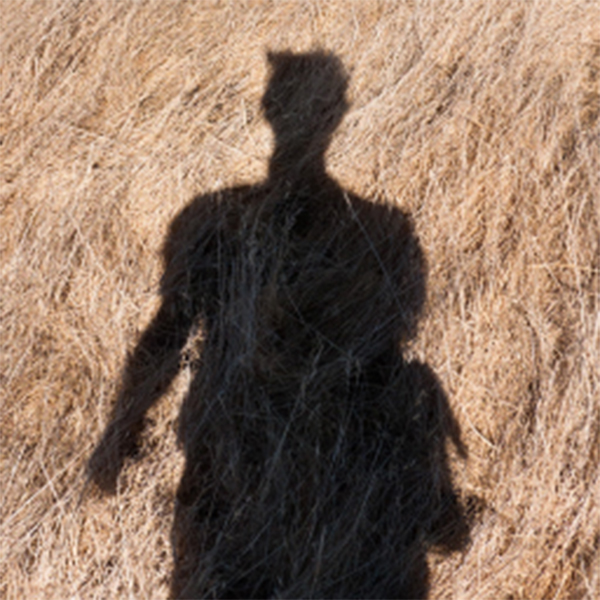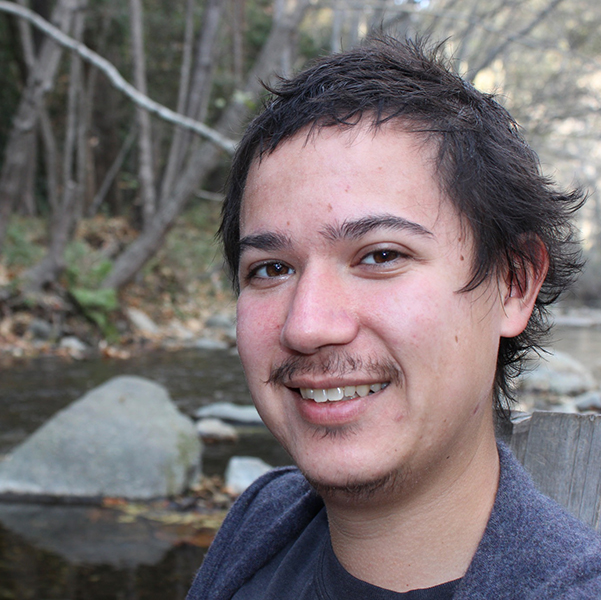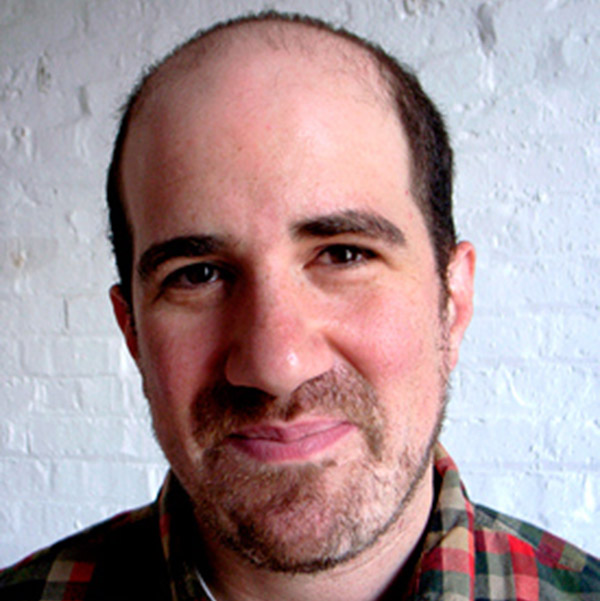An entire day dedicated to skill-sharing and education with speakers and performers.
On Sunday May 24th, the final day of the Gray Area Festival, join us for a selection of Creative Code workshops from our speaker lineup. We invite you for a rewarding 6-hour day of hands-on learning for a pass of only $100.
The courses will be based on Gray Area’s Creative Code education program which teaches computing skills for artistic expression and professional development. We offer quarterly 10-Week immersive, annual funded fellowships, and monthly multi-day workshops with a goal to produce new work. Learn more at creativecode.io
UPDATE: The following classes have reached maximum capacity:
– Making Things Glow with Javascript and Fadecandy
– Hybrid Manual and Generative Geometry – Mary Franck
Improvisatory Systems with Cinder
with Ian Heisters
This workshop provides tools and concepts for building software that prioritizes expressiveness, flexibility, and improvisation, as well as reliability and speed. Whether for a VJ set, a stage performance, or an installation that needs to be adapted on the fly, using custom code raises issues that aren’t encountered in more traditional software domains.
These issues will be examined in a hands-on format using the C++ creative coding framework Cinder as a basis. No prior knowledge of Cinder will be assumed, but students should be familiar with C++, their development environment of choice (MSVC or XCode), and git. That being said, this 3-hour workshop should also be useful for intermediate Cinder developers that are interested in the subject matter.
Civic Impact through Data Visualization
with Jonathan Dinu
As a Data { Scientist | Artist | Engineer } you have incredible potential to impact the world at large, but often times how much change you can effect depends on how well you can communicate. This 3-hour workshop will focus on empowering civic minded developers and artists to leverage a wealth of open data through data visualization to inform public opinion. You will get hands on experience with D3.js and Javascript to explore and visualize the Data Canvas sensor data (along with city of SF data) to tell a compelling civic narrative. After all, you best insight is only as good as your ability to share it.
Hybrid Manual and Generative 3D
with Mary Franck
This 3-hour workshop will explore workflows for combining the intricacy of algorithmic artistic techniques with the expressiveness of manual drawing and 3D modeling. Using Rhino and Processing participants will learn how to use points, curves and surfaces that they model as armatures for procedural designs and conversely how to translate procedural designs into 3D printable geometry. Simple modelling techniques such as lofting and projecting curves will be combined with swarm and physics simulations to create hybrid designs.
Prior knowledge of these softwares will be helpful but not required. This will not be an in-depth introduction to Processing or Rhino: the focus of the workshop is the process of translation.
Making Things Glow with Javascript and Fadecandy
with Micah Elizabeth Scott
This is a 3-hour workshop for web designers and programmers who have some experience in Javascript and an interest in building physical interactive environments too. We’ll start with a crash course in digital lighting and LED technology, then we’ll write code that runs in the browser to create responsive animations that span screens and physical space.
During the workshop I’ll have small pre-assembled LED sculptures for you to program using your laptop. Afterward you can take them home for a $35 fee if you like. I’ll also bring a large light installation we can all share, to get a sense for how our designs work on a larger scale.
Pixels Unleashed
with Ryan Alexander
Shaders are great for lighting triangles, but that’s so boring! In this 3-hour workshop we’ll use WebGL to explore the basics of some alternative techniques like raymarching and particle simulation. Fans will whir. Bring your power supply 😉
Prerequisites: A basic understanding of OpenGL Shading Language (GLSL)
Mirror Hacking
with Toby Schachman
Much of art is about patterning light, realizing visions, changing how we see. Mirror provides a fascinating medium for this exploration. Mirrors are dimensional. They do not flatten space, they fold space. Working with mirror is both abstractly geometric and physically hands-on.
In this 6-hour workshop Toby Schachman and the Sustainable Magic team (Sean Stevens and Ashley Newton) will help you learn techniques for working with mirror, and then create new works using laser-cut acrylic mirror and other provided materials. Sustainable Magic will also be supplying a laser cutter on-site through its traveling hi-tech maker studio, the Magic Box. This workshop will be an excellent introduction to laser-cutting!
(Additional $35 materials fee collected the day of the workshop.)
Drawing++
with Zachary Lieberman
What does drawing in the 21st century look like? How does algorithmic thinking interact with drawing and how can we build new, strange drawing tools using software? This 3-hour workshop will investigate the space where drawing, electricity and computation meet. From the earliest moments of the computer — Douglas Englebart’s mouse, Ivan Sutherland’s sketchpad — developers have been striving for intuitive and meaningful ways to capture and explore gesture digitally. Likewise artists – From Durer’s drawing machine, to Sol Lewitt’s infinite cubes and Moholy Nagy’s imaginary structures – have used computational method to transfer reality on to the paper and generatively reproduce elements of their drawing. Modern day artists like Shantell Martin and Cassandra C. Jones have been pushing the boundaries of what drawing is. We will discuss the history as well as examine and work with new and expressive tools. The workshop involves plenty and plenty of drawing as well as programming. Students should have some general familiarity with programming concepts and feel comfortable discussing algorithmic approaches. Code examples will be presented in openFrameworks, a cross platform toolkit for creative coding in C++.
